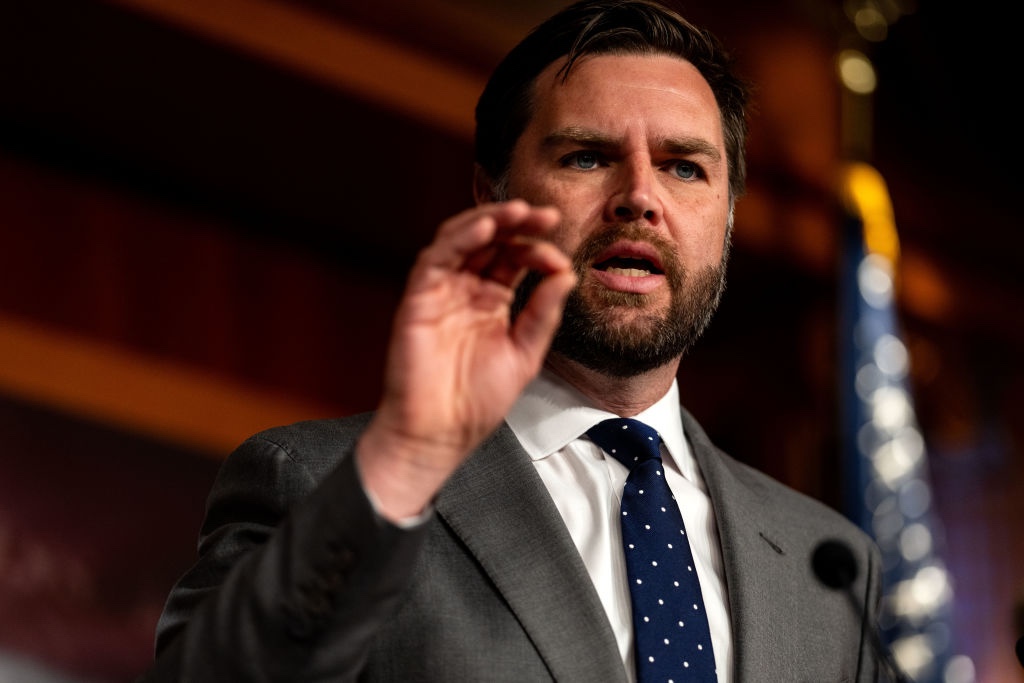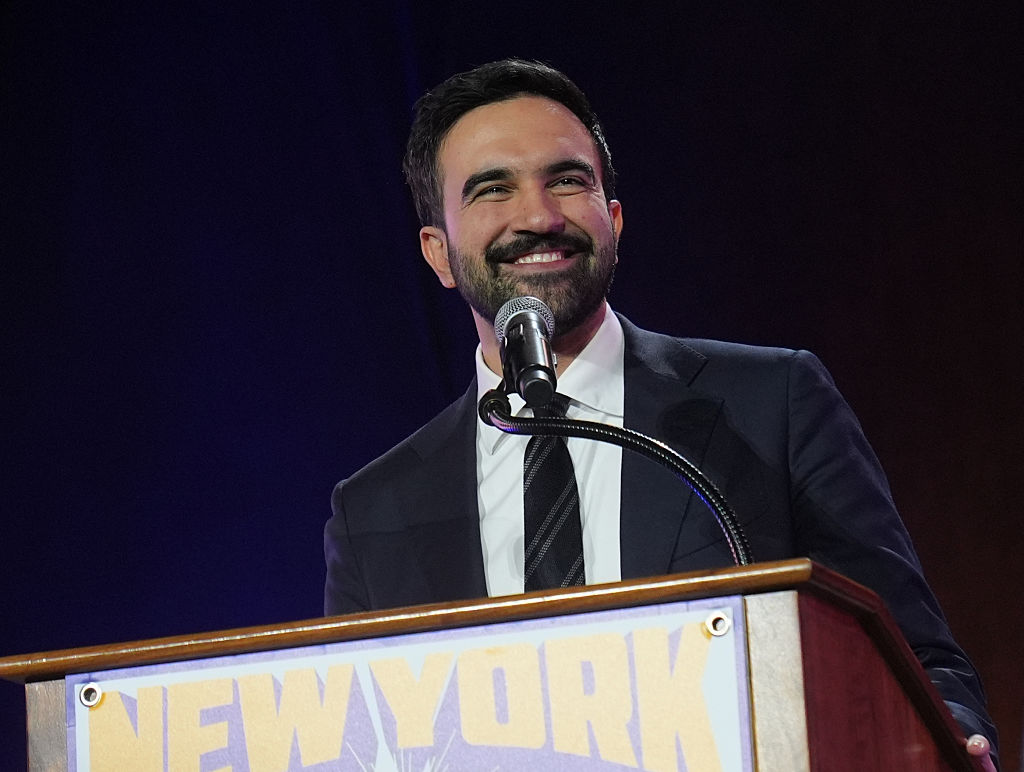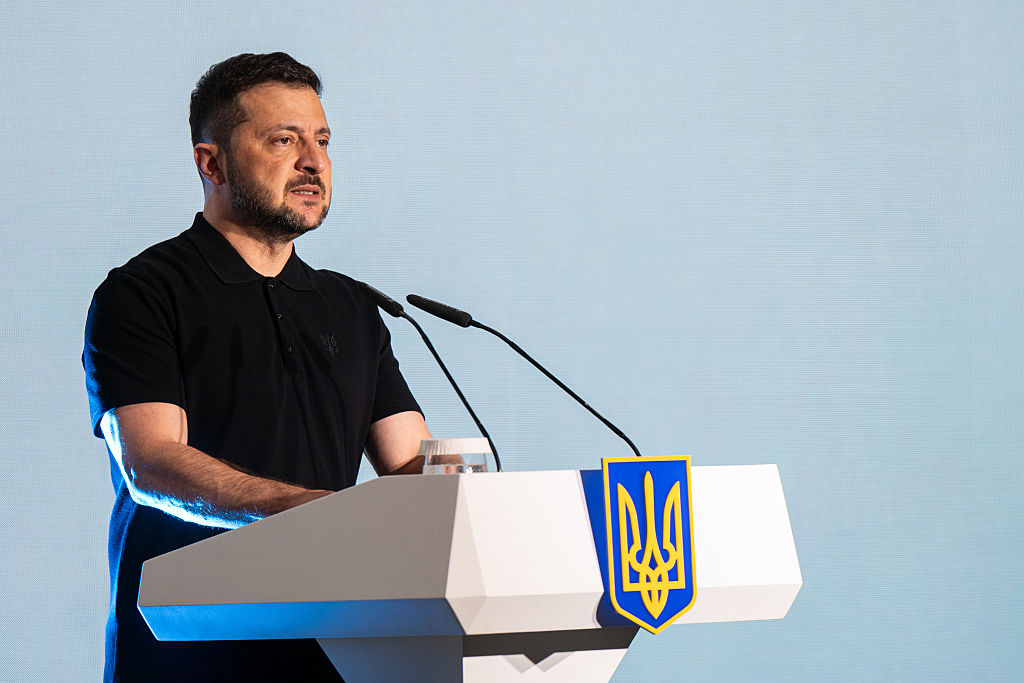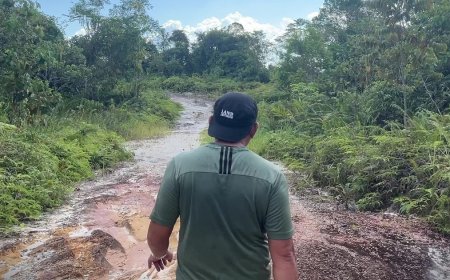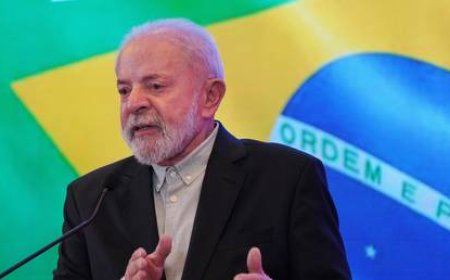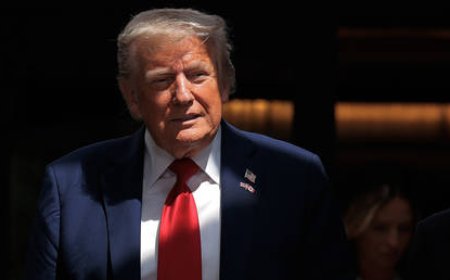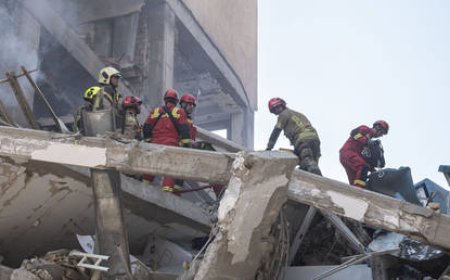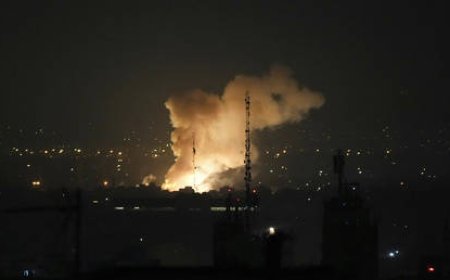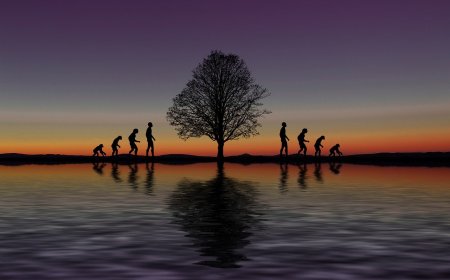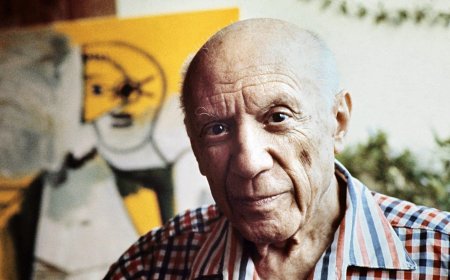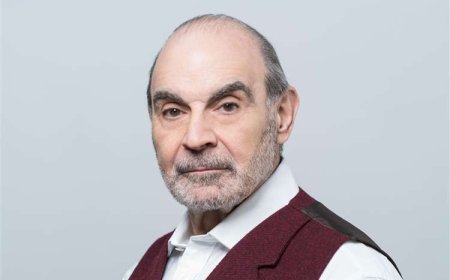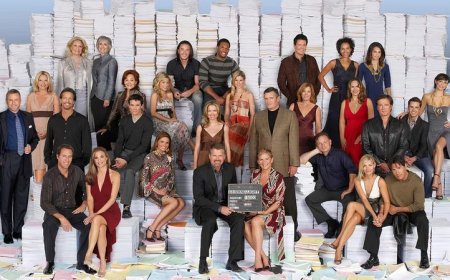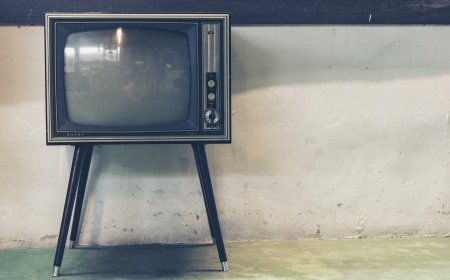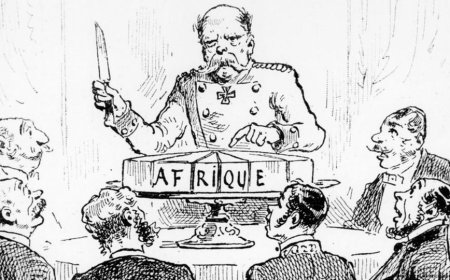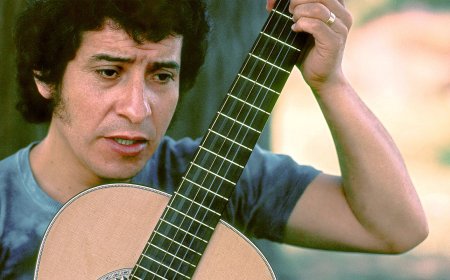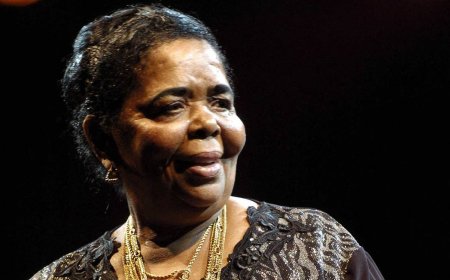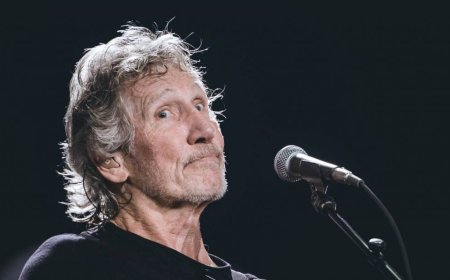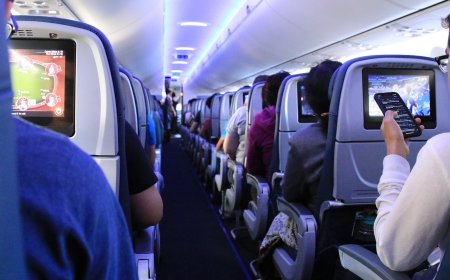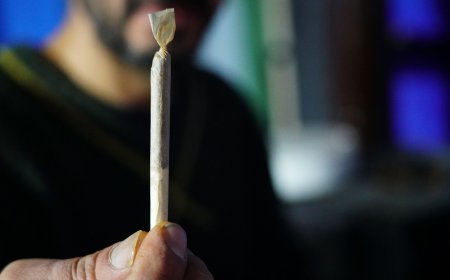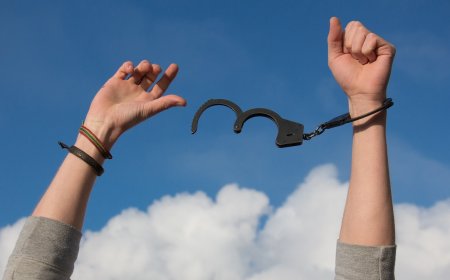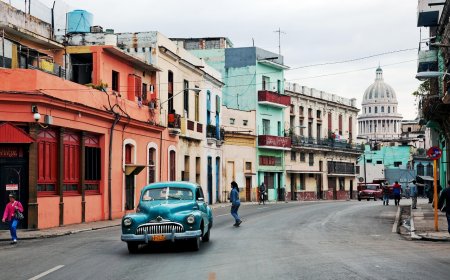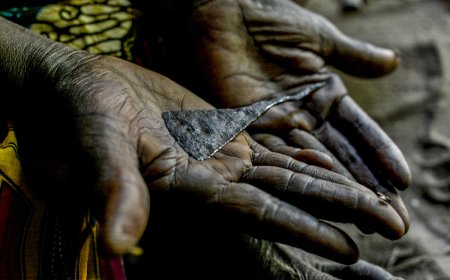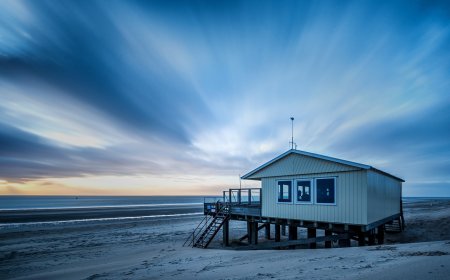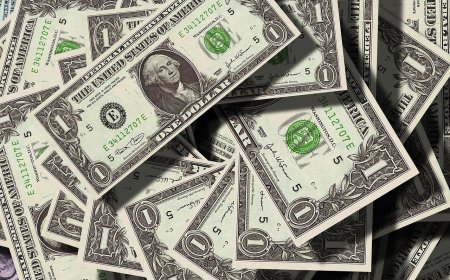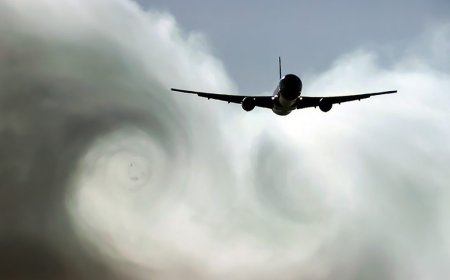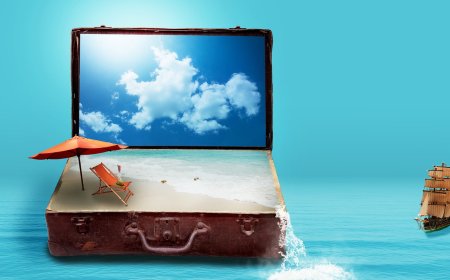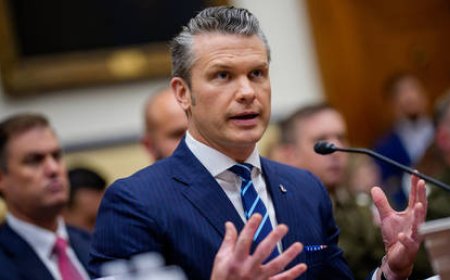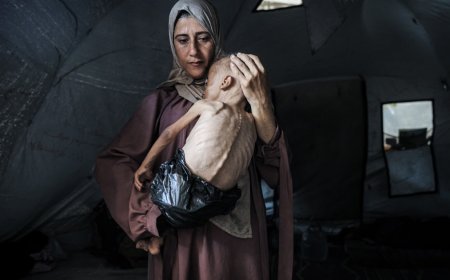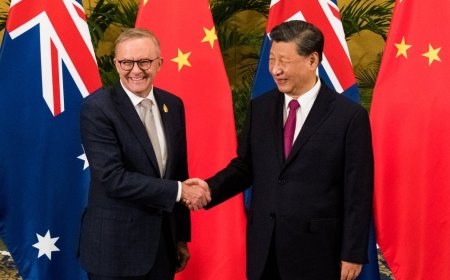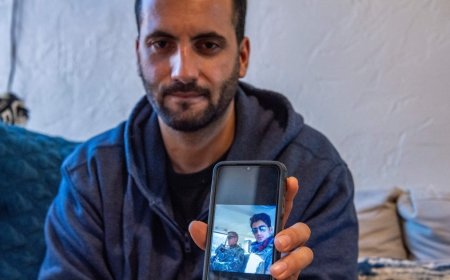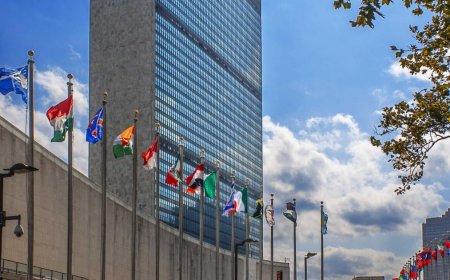Julian Assange: why do they want to shoot the messenger?
His "crime" was to denounce war crimes committed by the US. Deprived of liberty for more than ten years, Julian Assange survives in a filthy prison of England and fights against extradition to the USA.

Julian Assange, the founder of WikiLeaks, had been living in the Ecuadorian Embassy in London since 2012 to avoid extradition to Sweden, where he faced allegations of sexual misconduct. Assange expressed concerns that if he were extradited to Sweden, he might then be subsequently extradited to the United States, where he was wanted for his role in publishing classified U.S. government documents on WikiLeaks.
In the United States, Assange was charged with multiple counts related to the unauthorized disclosure of classified information. The charges were mainly under the Espionage Act, which raised concerns about the potential impact on press freedom and the ability of journalists to publish sensitive information without facing legal consequences.
In January 2021, a UK judge ruled against his extradition due to concerns about his mental health and the risk of suicide, but the U.S. government appealed the decision. Assange remains in detention in the UK while these legal proceedings unfolded.
To denounce war crimes is a crime?
One of the major controversies surrounding Julian Assange and WikiLeaks was their publication of classified U.S. government documents, which included evidence of potential war crimes committed by the U.S. military during conflicts, particularly in Iraq and Afghanistan. These documents were leaked by Chelsea Manning, a former U.S. Army intelligence analyst.
Assange and WikiLeaks argued that their actions were in line with journalism's role of exposing government misconduct and promoting transparency. They believed that the documents they published were in the public interest and shed light on actions that could be considered unethical or illegal.
However, the U.S. government's perspective was that the unauthorized release of classified information endangered national security and put lives at risk. As a result, they pursued legal action against Assange, charging him with various offenses related to the unauthorized disclosure of classified documents.
The case raised complex ethical and legal questions about the balance between national security concerns, freedom of the press, and the public's right to know. It also sparked debates about whether Assange's actions should be considered journalism, activism, or something else entirely.
Assange's situation remains a contentious and polarizing issue, with supporters arguing that he was a whistleblower who exposed important information about government wrongdoing, while critics contend that his actions endangered individuals and compromised national security.
The issues raised by WikiLeaks' publication of classified documents extended beyond potential war crimes. The documents released by WikiLeaks covered a wide range of topics, including the operations of the Guantanamo Bay detention camp and other instances where there were concerns about the treatment of detainees and adherence to international law.
The publication of these documents highlighted the challenges and controversies surrounding practices contrary to established international human rights standards and legal frameworks. The Guantanamo Bay detention camp, for example, has been a subject of criticism due to concerns about indefinite detention, torture, and the treatment of detainees without proper legal recourse. These issues raise questions about accountability, transparency, and the rule of law in the context of counterterrorism efforts.
The leaks brought attention to a variety of issues related to government activities, diplomacy, and military operations, and they spurred discussions about the responsibilities of governments to uphold human rights and international law while addressing national security concerns. The fallout from these leaks also led to debates about the role of whistleblowers and the boundaries of freedom of the press in the digital age.
